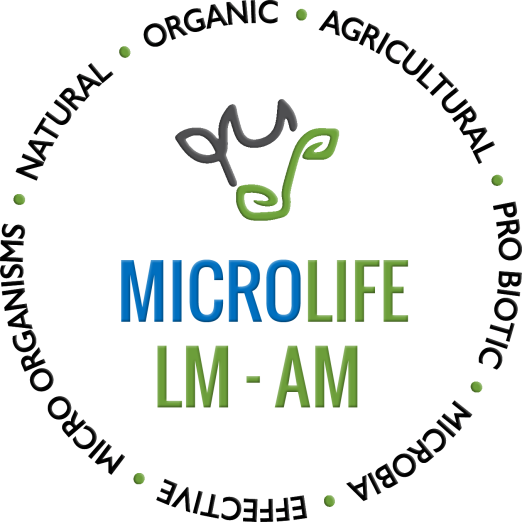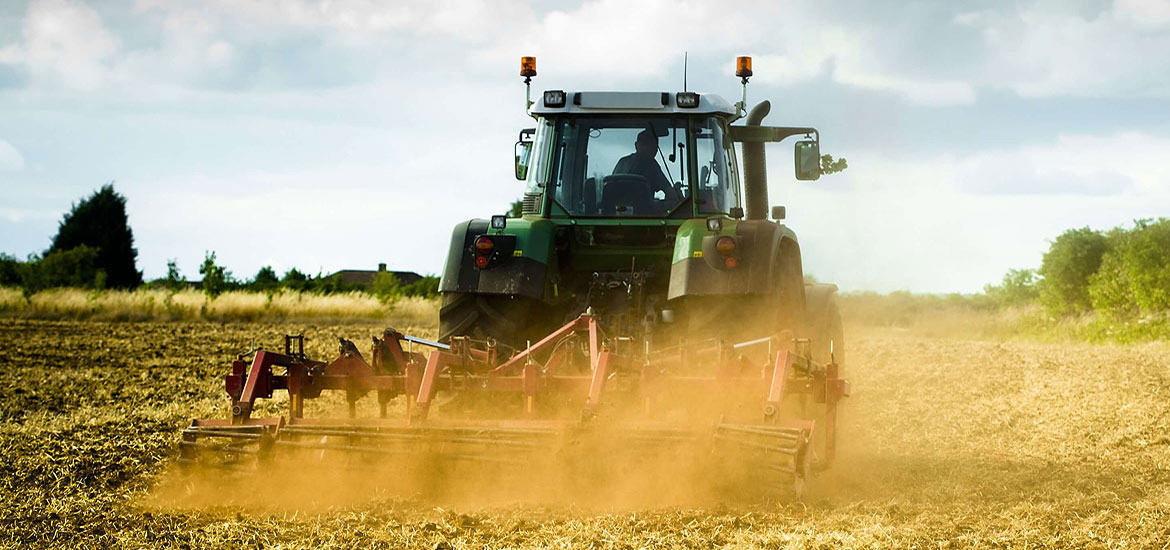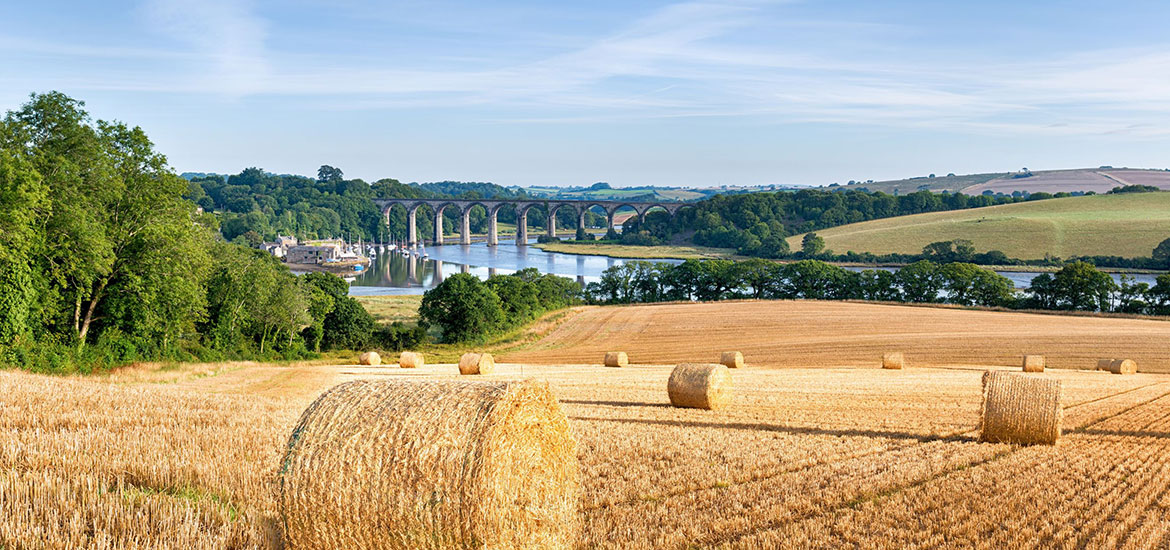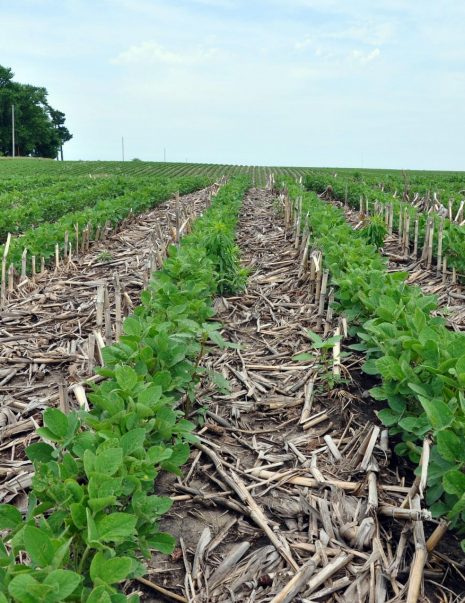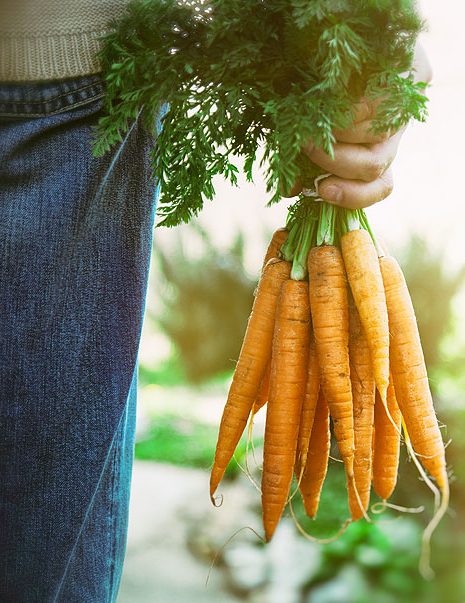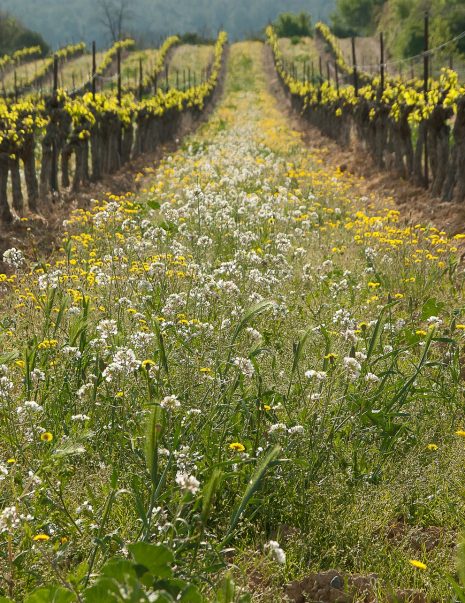MICROLIFE LM-AM
Microlife Agricultural Products (Pty) Ltd approaches sustainable chemical-free farming by observing nature and working with it instead of using force to overpower Creation.
Microlife Landbou Mikrobes – Agricultural Microbes are a tool that assists the land steward in achieving sustainable and productive.
The current trend is to move away from massive monocultures with the intensive use of chemical fertilizers, herbicides, pesticides and antibiotics. Until recently this so called conventional farming method had the advantage of higher yields. This is no longer the case. Where “old fashioned” production methods used to deliver produce to only a select niche market willing to pay a premium for “organic” meat, dairy, fruit and vegetables, currently consumers across the income spectrum increasingly choose the “naturally produced” option because people have become more health conscious and are now aware that nutrition plays an important role in building the immune system and preserve their health.
In South Africa many staple products are now produced on a very large scale by “mega-boere” – mega farmers, without chemicals fertilizers, herbicides and pesticides, products such as tomatoes, avocados, potatoes, carrots, onions, sugar cane and maize, products that are now available at supermarkets nationwide where they compete head to head with conventional produce.
When Bayer bought Monsanto in 2016, it budgeted a few billion US Dollars to settle claims flowing from the use of its glyphosate product Roundup, which is now restricted in an increasing number of markets.
The resistance against herbicides came about because of concerns for the health of consumers.
Developing herbicide free production methods has now moved up on the list of priorities and has become the new mainstream even for large cereal producers.
Microlife Agricultural Products espouse this trend and we are increasingly playing a role in assisting farmers to go organic.
One of the biggest problems conventional farmers face is soil degradation. After many years of chemical monoculture the soil becomes hard and dry, devoid of biodiversity and laden with nitrates, heavy metals like cadmium and pesticides. The soil is a sick patient beyond the help of chemical fertilizers. The advice farmers often get is to abandon production for a few fears until the soil has recovered through natural processes, or clear virgin bush and start over on a new site.
Microlife LM-AM has experience in assisting farmers to overcome soil degradation through a holistic rehabilitation programme. The goals are the following: Increase biodiversity in the soil which tol create an environment where the nitrates are metabolized and where the minerals that are in the soil become available to crops through the agency of beneficial agricultural microbes. When the soil biodiversity is at an optimum pathogens that may damage crops are kept in check through a balancing mechanism. Weeds are controlled with for example short term high intensity grazing where possible, or ground cover.
No tilling planting techniques and ground cover keeps the soil structure intact and moist because healthy soil will retain water like a sponge.
To accelerate this natural process Microlife LM-AM works with nature instead of trying to overpower nature. By adding Microlife LM-AM to compost, irrigation water and as a foliar spray, this microbial balance is transplanted into the soil. This is similar to the most extraordinary medical breakthrough of the 21st century which is fecal transplant. A sample of fecal matter from a healthy donor is transplanted into a sick subject with a weak and damaged microbial biome which results in almost miraculous recovery from a range of debilitating diseases. This is not discussed any further and is mentioned to draw attention to the importance for all life of biodiversity, in the gut, the environment and the soil. Pathogens are in fact ordinary microorganisms who find that the competition and natural predators have been wiped out. Just as farmers depend on cats, owls, toads and snakes to keep rodent populations in balance, just so in the microscopic world. If all rodents were to suddenly disappear from a natural environment, many ecosystems would suffer. The first to then disappear would be the predators.
Once the predators are gone, a single pair of rats could cause a massive population explosion numbering in the billions within a single year. As predators typically have a lower fertility rate they may be unable to control the rodents, even when artificially introduced. This has happened in Australia where the predators cannot consume the rodents at a rate high enough to start reducing the numbers.
What a farmer can achieve with Microlife LM-AM is to introduce such massive numbers of microbes in balance one with the other that it can in fact restore the damaged soil’s balance in a very short time, through sheer numbers. One should remember that even though it is counter intuitive to think this way each microbe, be it a bacterium, virus, nematode, fungus or other type is an individual living a complex life, similar to a human life with all its challenges, opportunities and threats. The farmer is the head of government of this complex society, and has the opportunity to implement policies that will lead to either ruin or prosperity in his microscopic realm. By being a good steward that chooses stability and prosperity for his minute subjects over ephemeral short lived profits the farmer reaps the rewards that come with healthy and abundant crops grown in a happy environment, products that will enhance the health of its consumers. People intuitively know when they have consumed something wholesome, and that is the reason why natural products are gaining on foodstuffs laden with artificial flavour enhancers, stabilizers, preservatives and colouring.
Produce from a farm that works with nature instead of trying to overpower it through the power of chemicals, stimulants and poisons just tastes better and is more satisfying because it is nutritious and wholesome.
Microlife LM-AM is therefore an approach to farming, supported by our products and advice that aims to free the farmer from the shackles of chemical dependence.
